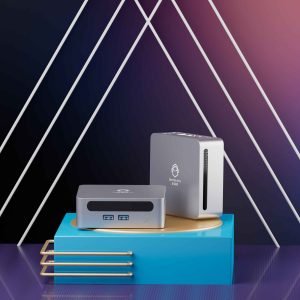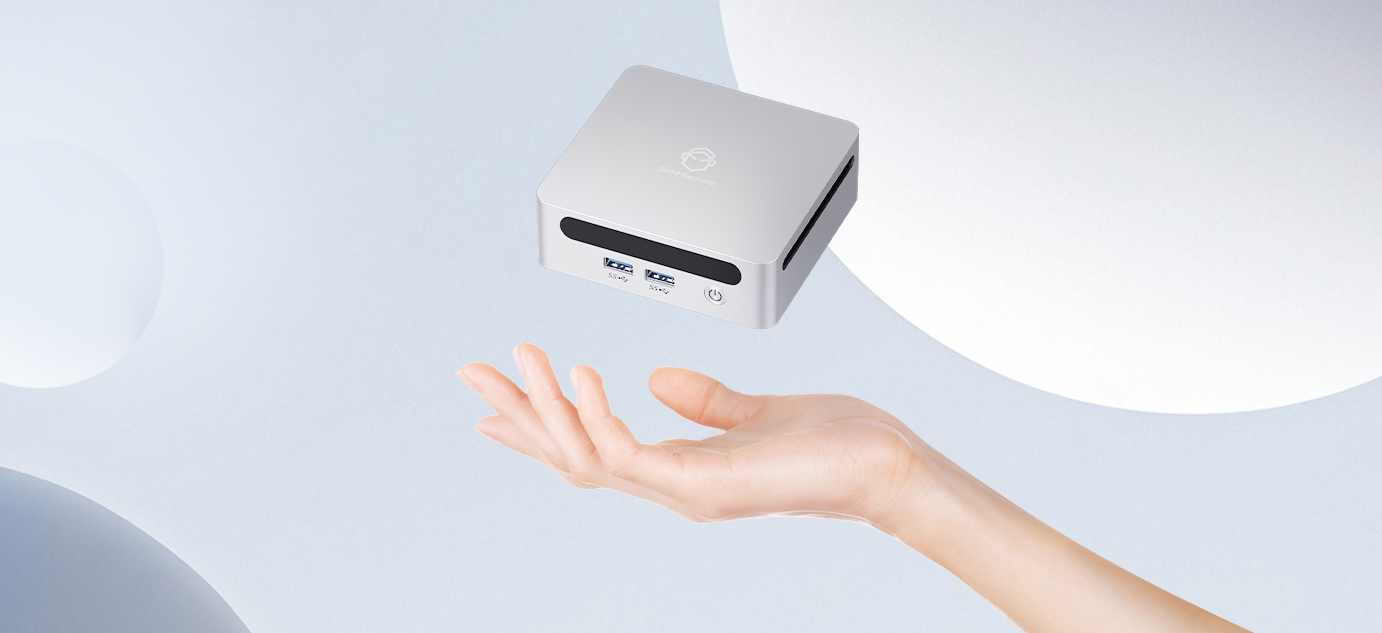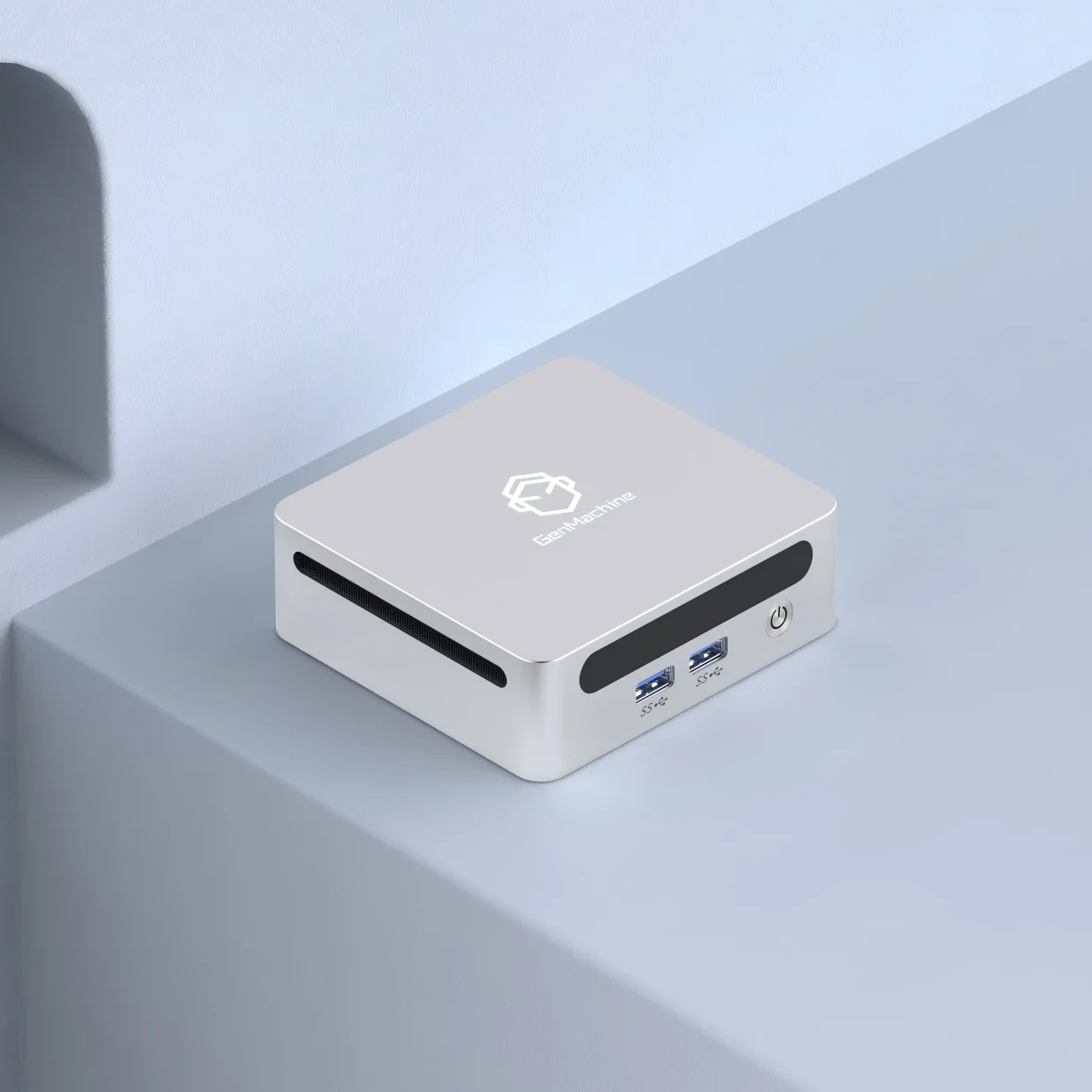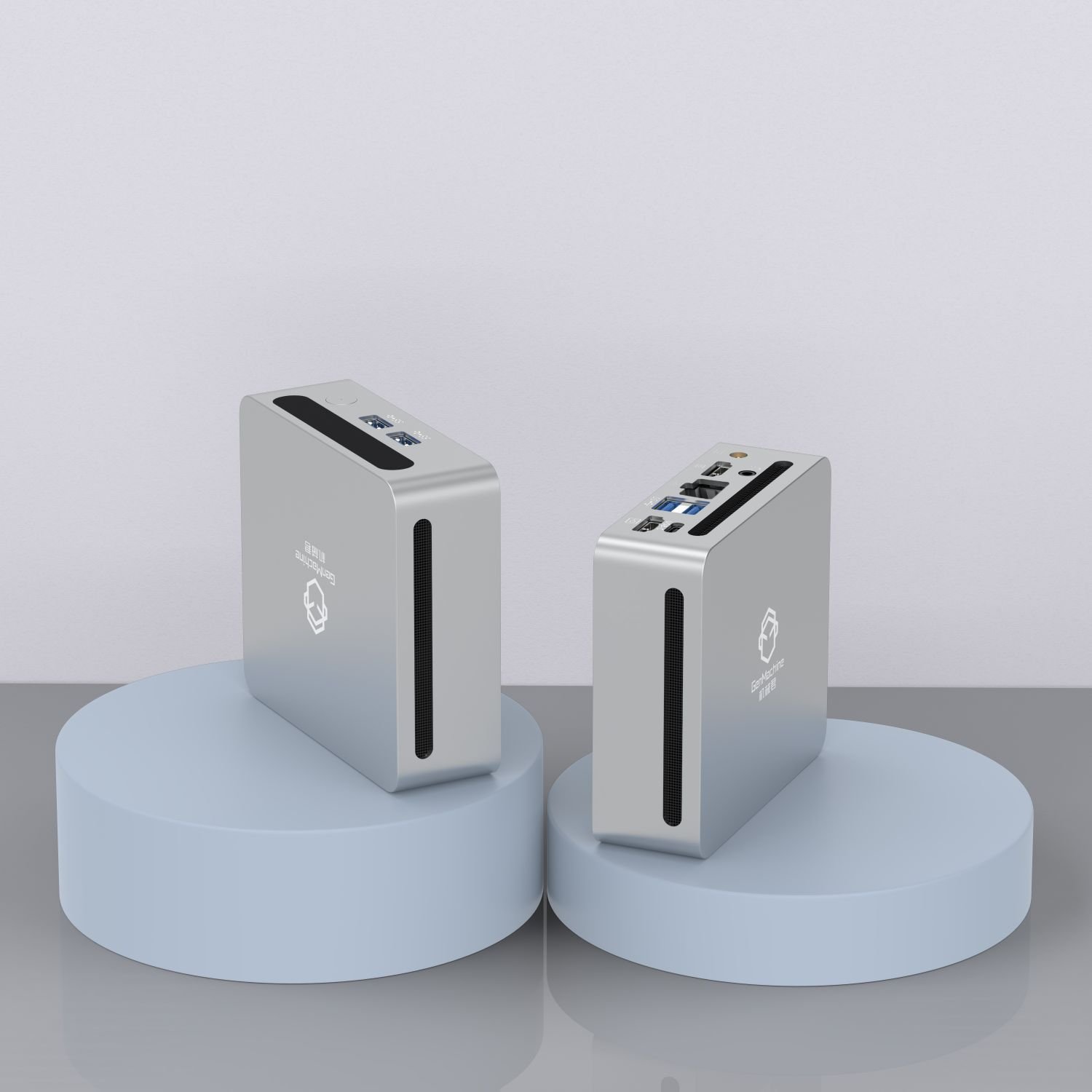Introduction
In today’s era of rapid digital development, business scenes such as intelligent retail terminals are undergoing unprecedented changes. Tiny PC, as a small and powerful computing device, is gradually emerging in these fields, injecting new vitality into the intelligent transformation of business.
Application advantages of tiny PC in intelligent retail terminal
Small and light, saving space
Compared with traditional computer equipment, tiny PC is tiny, and can usually be easily installed in the narrow space of intelligent retail terminals, such as self-checkout machines, digital signs, intelligent shelves and other equipment, without occupying too much space, making the design of retail terminals more compact and beautiful.
Low power consumption and energy saving
Tiny PC generally uses a low-power processor and chipset, which consumes relatively little power during operation. For intelligent retail terminals that need to run for a long time, it can not only reduce operating costs, but also reduce energy waste, which is in line with the concept of environmental protection and sustainable development.
Stable and reliable performance
Although tiny PCs are small in size, they usually have stable performance and can meet the daily operation requirements of smart retail terminals. They can run retail management software, payment system, advertising software and so on stably for a long time, reducing the risk of business interruption caused by equipment failure.
The diversified application of tiny PC in intelligent retail terminal
Self-checkout system
Tiny PC can be used as the core control device of self-checkout machine in supermarkets, convenience stores and other retail places. It can quickly and accurately handle commodity scanning, pricing, payment and other operations, providing consumers with a convenient shopping experience. At the same time, tiny PC can also be connected with the background inventory management system in real time to update the commodity inventory information in time, which is convenient for merchants to make inventory management and replenishment decisions.
Digital signage and advertising display
Tiny PC can be connected to digital signage in shopping malls, specialty stores and other places to play high-definition videos, pictures and advertising content. Merchants can remotely control tiny pc through the network, update the advertising content and playlist at any time, accurately push personalized advertising information according to different time, place and audience groups, and improve the advertising effect and conversion rate.
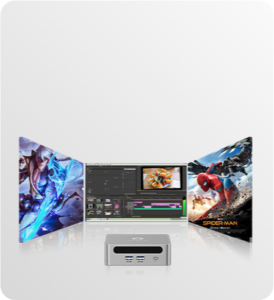
Intelligent shelf management
Tiny PC can be integrated into intelligent shelves to monitor the display, inventory and sales data of goods on shelves in real-time through sensors and cameras. When the goods are out of stock or the display is not standardized, tiny PC can send a reminder message to the staff in time to improve the efficiency and accuracy of shelf management.
Tiny PC helps the future development of smart retail terminals
Improve the ability of data analysis
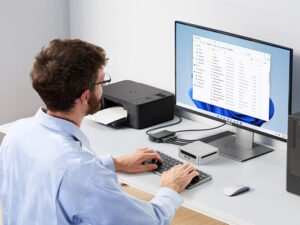
With the retail industry paying more and more attention to data, custom tiny PC can be used as the terminal equipment for data collection and analysis. It can collect and sort out sales data and customer behavior data from various retail terminals, and transmit them to the cloud or local server through the network for in-depth analysis. According to these data analysis results, merchants can optimize product display, adjust marketing strategy, improve inventory management level, etc., to achieve precise marketing and refined operation.
Support artificial intelligence applications
Tiny PC has certain computing power and can run some simple artificial intelligence algorithms and models. In the intelligent retail terminal, tiny PC can realize artificial intelligence applications such as face recognition, customer behavior analysis and product recommendation through cameras and sensors.
Expand Internet of Things connection
Customized PC usually has a variety of network interfaces and communication protocols, and can easily connect and communicate with other Internet of Things devices. In the smart retail terminal, tiny PC can form an Internet of Things network with smart tags, sensors, payment terminals and other devices, so as to realize the interconnection and cooperation between devices.
Conclusion
Tiny PC has broad application prospects in business scenarios such as smart retail terminals. It provides strong support for the development of intelligent retail terminals with its advantages of small size, light weight, low power consumption and stable performance. With the continuous progress and innovation of technology, the application of tiny PC in the commercial field will be more and more extensive and in-depth, which will bring more opportunities and possibilities for the intelligent transformation and upgrading of the retail industry. In the future, we have reason to believe that tiny PC will play a more important role in business scenarios such as smart retail terminals and become an important force to promote business development.
